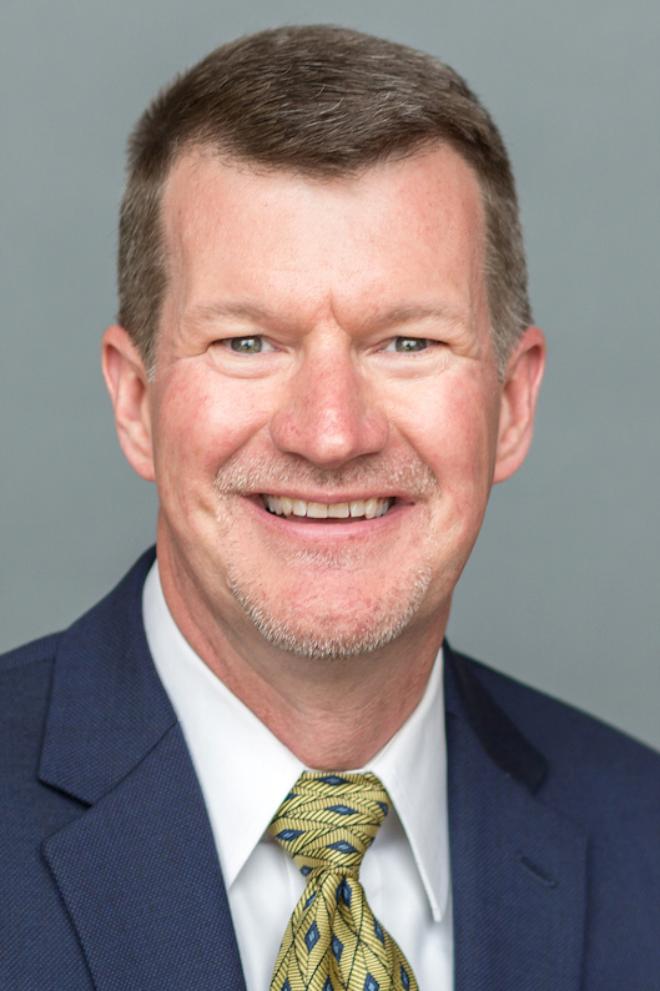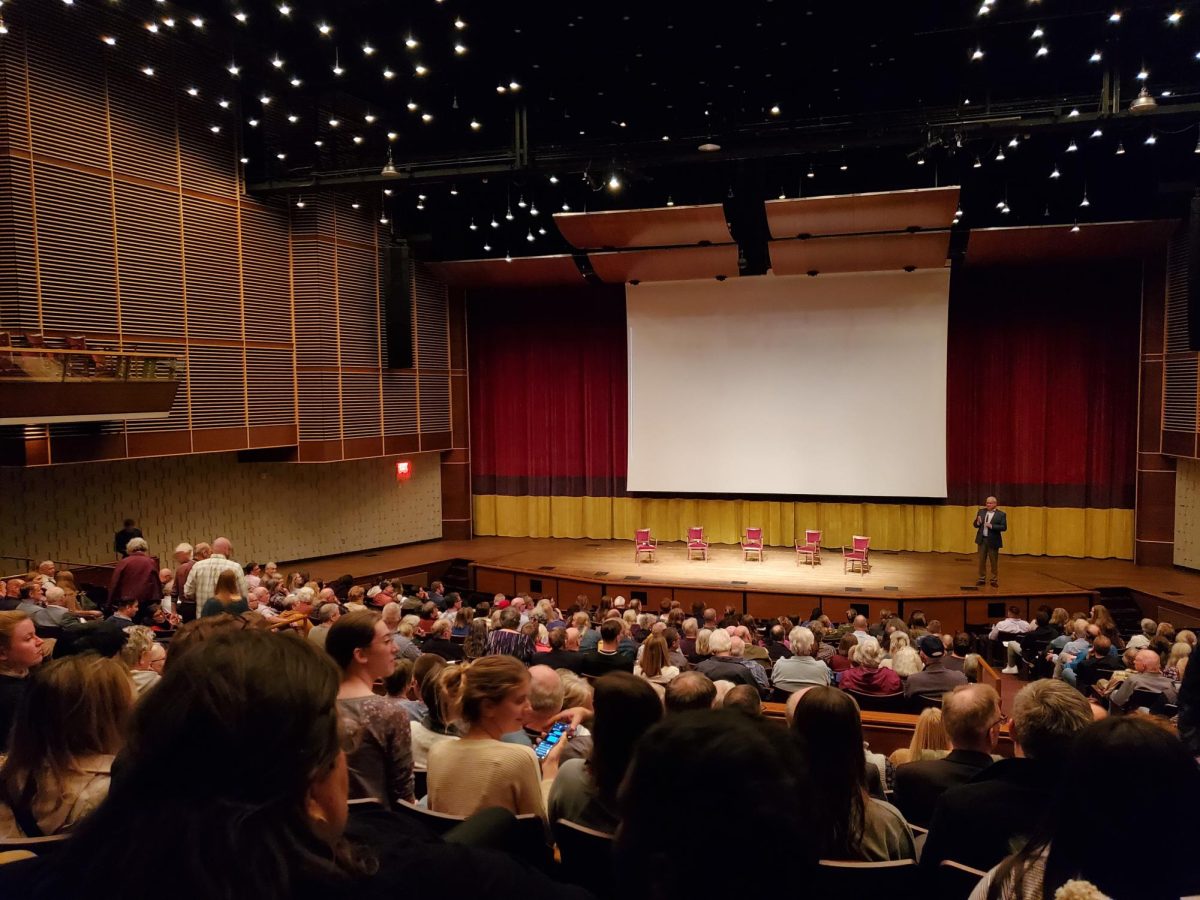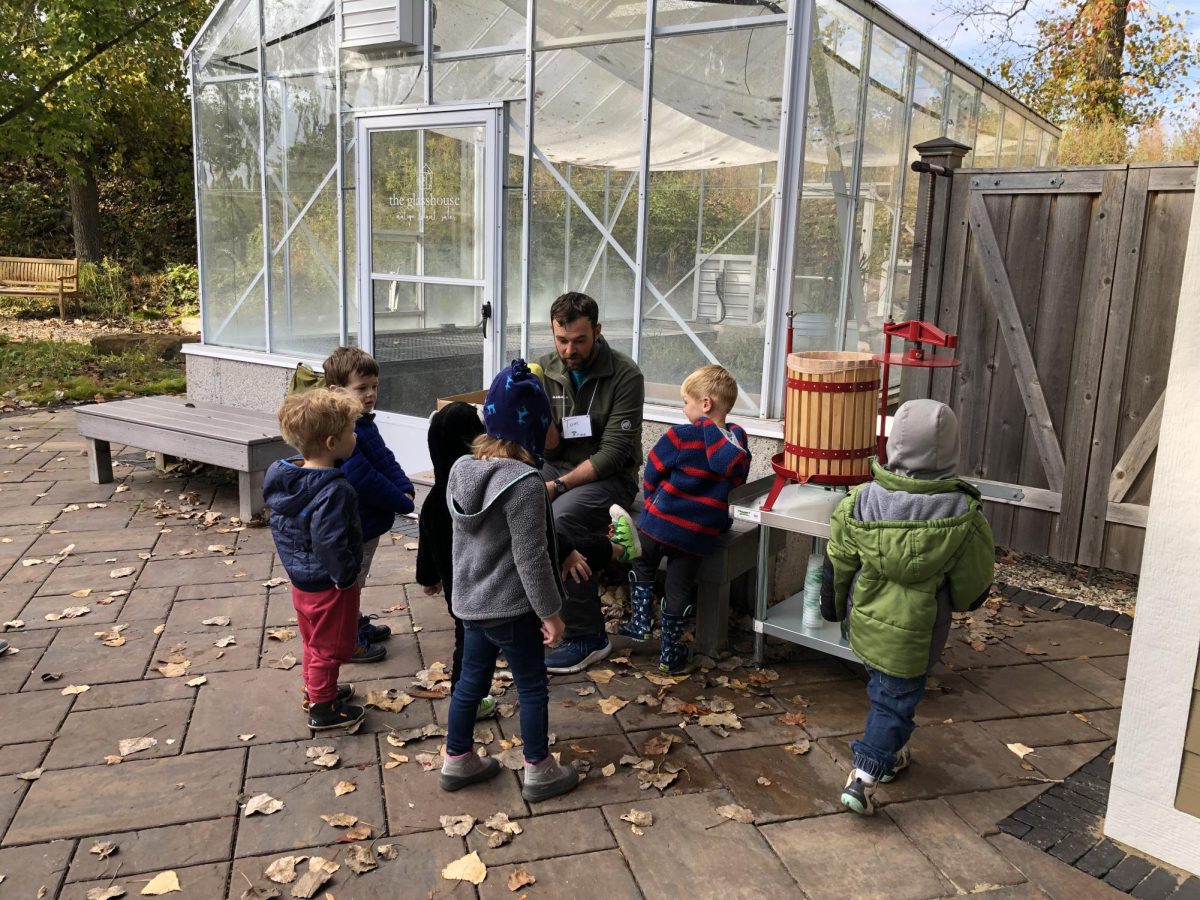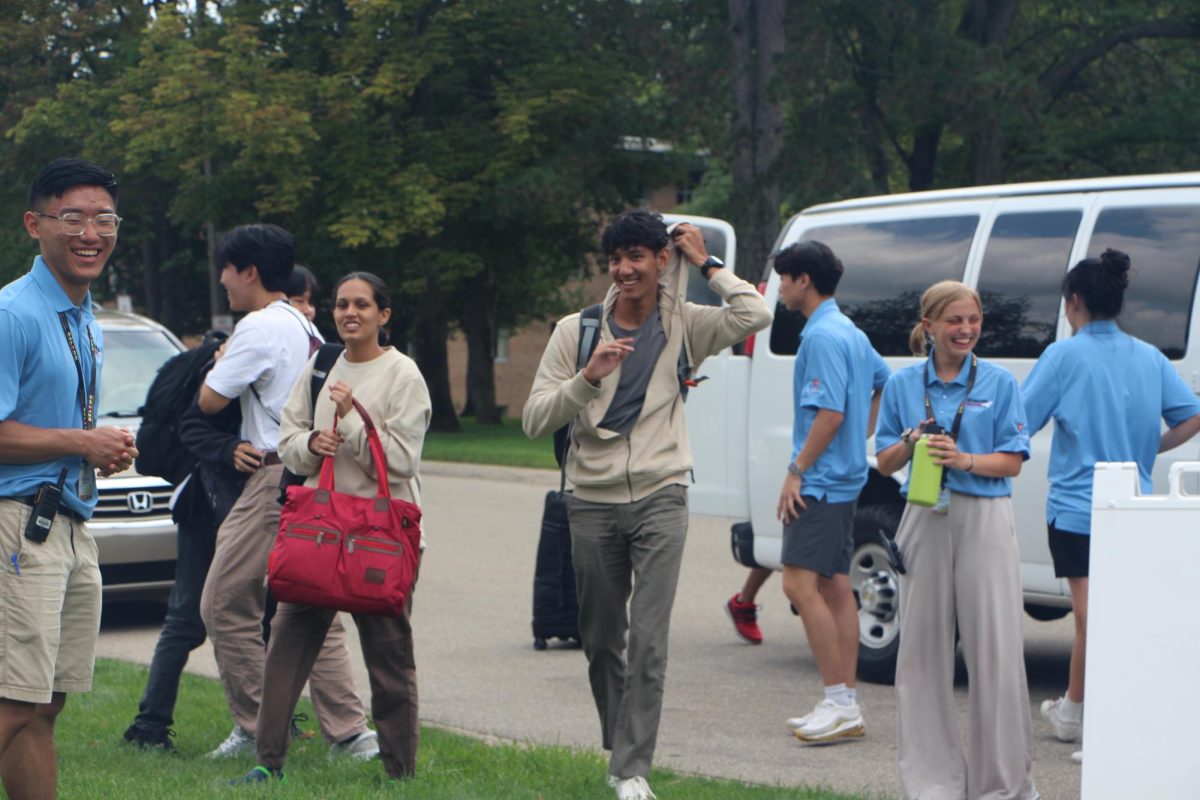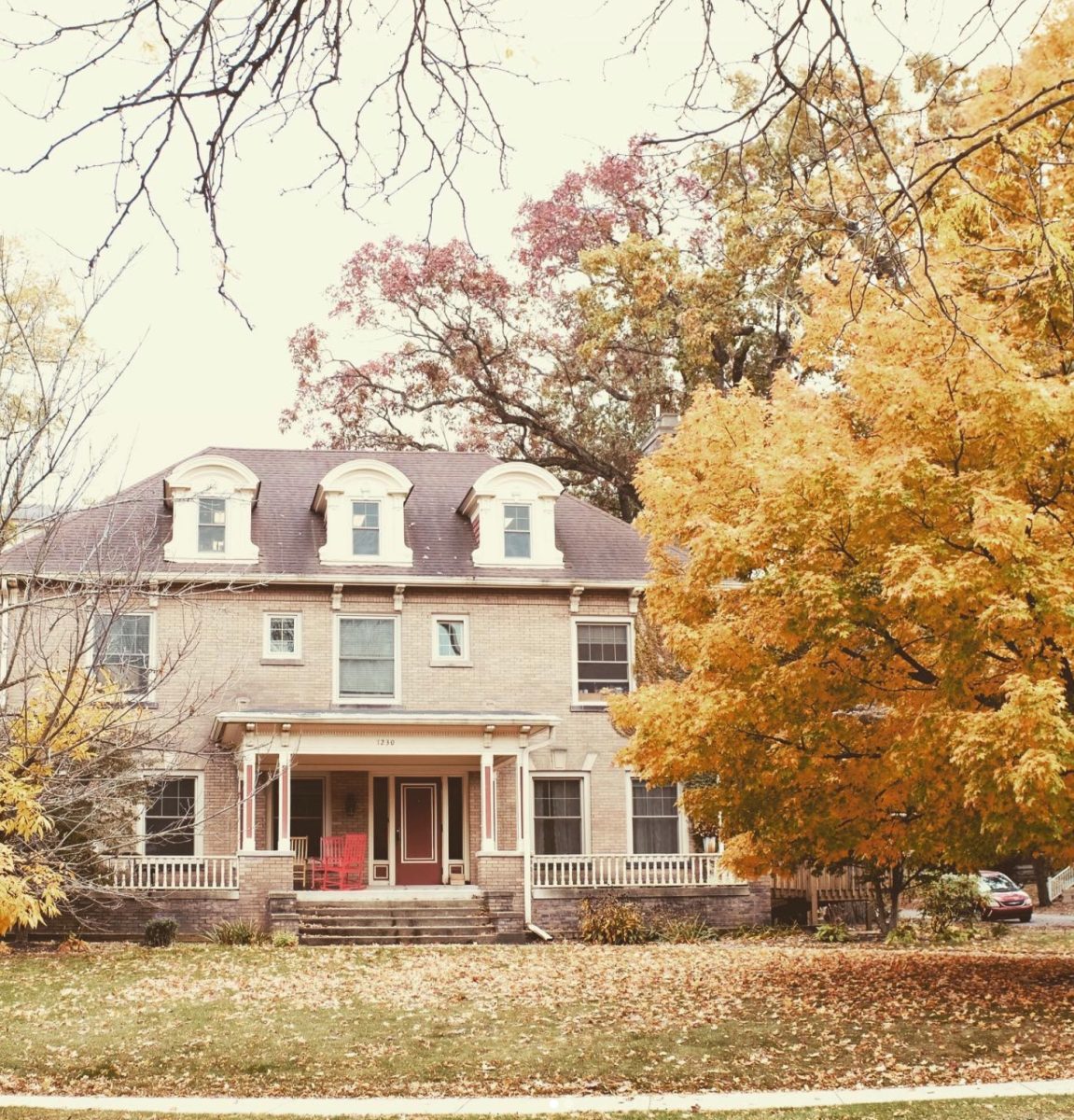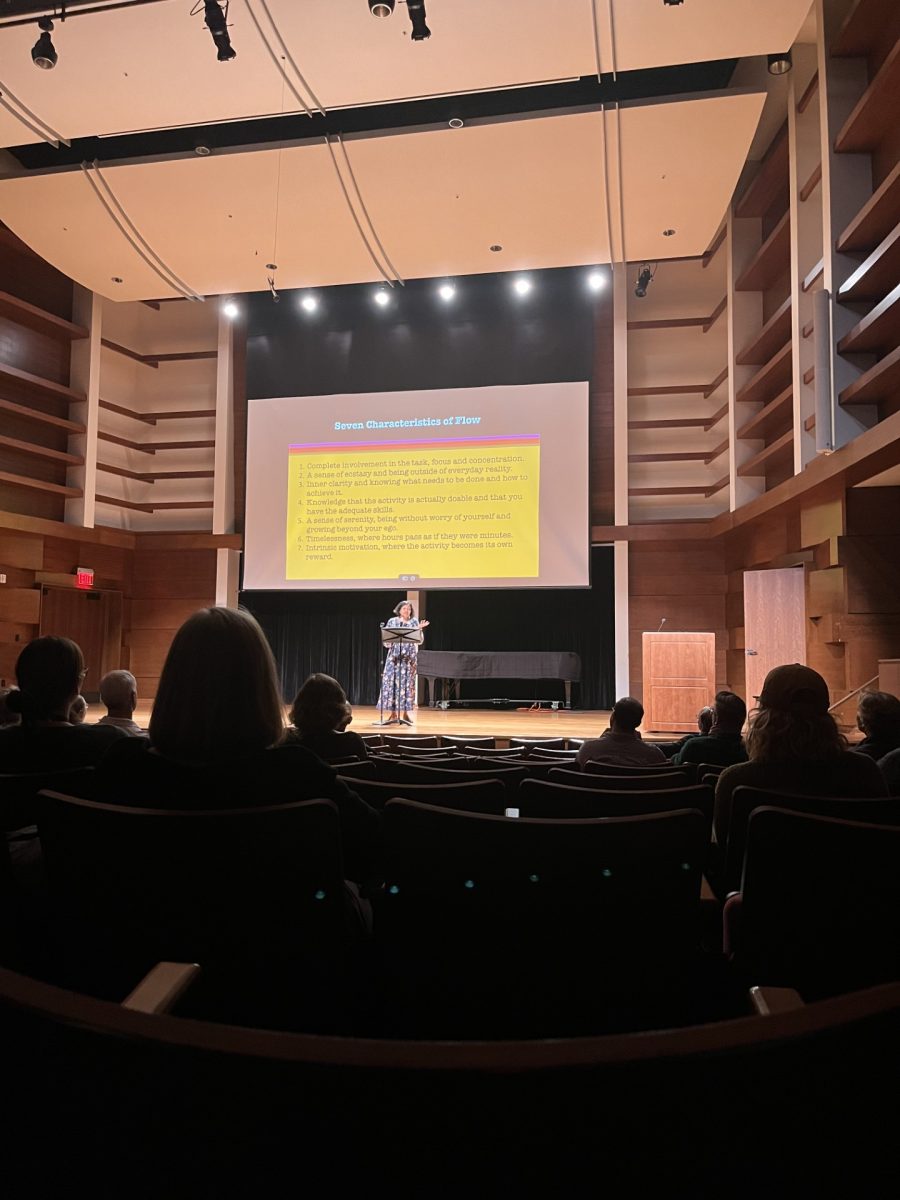Every year from September 15 to October 15, many Americans observe Hispanic Heritage Month. According to the official National Hispanic Heritage Month site, this is a month dedicated to “celebrating the histories, cultures, and contributions of American citizens whose ancestors came from Spain, Mexico, the Caribbean and central and South America.”The month is set to cover the anniversaries of the independence of such countries as Costa Rica, El Salvador, Guatemala, Honduras, Nicaragua, Mexico, and Chile.The idea of Hispanic heritage — just like any national or ethnic heritage — is a tricky, fluid concept to define. Chimes asked Hispanic students what Hispanic heritage means to them, how they view the institution of Hispanic Heritage Month, and how they see “Hispanic heritage” expressed on Calvin’s campus.
 [/media-credit]
[/media-credit]
Andrea Elise Beltran
I have lived in predominantly Hispanic settings for most of my life. So as you can imagine, coming to Calvin I got a glimpse of what it is like to be part of the minority. Oftentimes, the word “minority” tends to come with negative connotations, but I have begun to learn that being in the minority gives you the opportunity to teach those in the majority. This is a time for me to encourage others to explore and expose themselves to Hispanic culture, while sharing with them insight from my firsthand experience. I simply want to share what I love with the people around me, and my only hope is that they can learn to love it as well.
Growing up, there was no “Hispanic Heritage Month” to celebrate; rather, it was a reality for us every day. It was just a part of our lives. Our dinners regularly consisted of rice, beans and tortillas; Spanish and English were used interchangeably within the household and you could always expect some type of Spanish music or Spanish television program being played in the background as the soundtrack to our daily lives.
I think this month in the United States needs to be more than talking about things such as immigration policy. It should be a time to celebrate the lively music, to indulge in the flavorful food and to admire the work ethic that is instilled in the values of this culture. I would love to see events that not only work to help Hispanics on campus feel included, but act as an invitation for students from other backgrounds to learn and move past their preconceived ideas of what Hispanic culture is.
Hispanic Heritage Month should be driven on the desire to teach. It is an opportunity to establish an insider-outsider embrace, and my hope is that Hispanics feel included in the North American community as we teach and share what we have grown to know and love in our lives as Hispanic culture.
 [/media-credit]
[/media-credit]
Abraham Mena
My name is Abraham Mena and I am a Salvadorian. I am 19 years old and my family is as Mestiza as one can get. Mestizo is a racial denomination the Spaniards gave to those born from a continental Spaniard and a Native American. I breathe “azul y blanco” (white and blue), my flag’s colors.
When my family is together, we can’t be quiet; there is no way there won´t be music and dancing! Maybe I am being stereotypical against my own people, but that is who we are as a culture, and we should accept it because — being honest — Spanish parties are the best. We put out loudness and passion in everything, not just parties. We put it in our jobs and our family and our personal relationships. To me, Spanish heritage means living up to my ancestors’ legacy — a legacy of passion and hard work, and of loyalty to my country, and of pride in who we are.
Coming to Calvin was a shock. All of the sudden I was far away from home in a land where people are much taller than me. I realized then I was different — that I have been different all this time, but I had not realized it. Hispanic month then reminded me how special my heritage is, and just how rich it can be and how just how much you can miss it.
There is one undeniable truth about Calvin: there are very few Hispanics. There is nothing wrong with that, nor is there anything right with it; it is just a fact. However that makes us few Hispanics extremely responsible for not losing ourselves or our culture. We need to hang our flags at our rooms, play our music out loud and, whenever there is any chance, dance; we simply need to be who we are and our culture will show itself. The best of this is that the Calvin community welcomes it.
I am a full-time Salvadorian at heart. I am proud of my accent and of my skin colour. I am proud of our sketchy football (soccer) stadium, I am proud of my family’s humble beginnings in a village of one of my country’s agricultural provinces. All of these translate to one thing: love for who I am.
 [/media-credit]
[/media-credit]
Veronica Rodriguez
I immigrated from Mexico to the U.S. when I was 11 years old. I spent the most formative years of my life at the crossroads between two cultures. I had lived deep within Mexico, then I moved to South Texas, and I now live in a place predominantly inhabited by people who are much different — and taller — than I. Having gone through these different contexts, speaking with an accent that doesn’t quite fit anywhere has sometimes made me feel like a true stranger here. Although the term “Hispanic” is broadly applied to Spanish-speaking countries, I feel like being “Hispanic” is a kind of passport that we need in order to be identified as someone here in the U.S. Back home, at least, I’m not Hispanic. I’m Mexican, an identity that has value in and of itself. I think some of my Guatemalan, Honduran, Ecuadorian, Argentinian, Peruvian, Chilean and Costa Rican (you get the point) friends might feel the same way.
Hispanic month in the U.S. is something I’ve honestly never thought much about. When you’re so connected with your heritage, you sort of celebrate it daily as you live in it, not just during a single month. However, I think the intention behind Hispanic Heritage Month was to acknowledge diversity in this country, which is something I’m grateful for.
Calvin’s expression of Hispanic culture is pretty much limited to Cinco de Mayo displays at the dining halls, but I know the school’s appreciation of the culture runs deeper than that. I’ve had the privilege to work in Calvin’s strong Spanish department, as well as with students who desire to learn the language and study abroad in Latin America, which is really what gives them the opportunity to know for themselves what the authentic culture is like.
Don’t expect a single Hispanic person to represent a whole country. Instead, look at what they have to say about themselves — their values, their interests — and only then will you be seeing a tiny piece of the beautiful tapestry which our individual cultures converge into, which is one of the best parts about being in community-centered relationships.
I am an international student from Honduras. I lived in Tegucigalpa for the first 18 years of my life. It is, and will always be, the place I call home.To me, “Hispanic” heritage means Spanish language, delicious food, dancing and family. [It also means] vibrant — whenever I think of anything related to Latin America I always picture it very colorful.I appreciate having a month to pause and reflect not only on my identity as a Hispanic person, but also on the impact that Latinos have had on the US collectively, as well as to celebrate the richness of the Latin American cuisine and culture.
I don’t really see Hispanic culture expressed at Calvin. Perhaps it’s there whenever I get together with my Hispanic friends, whether it is for our Bible study in Spanish or for a “comfort food party.” And there is obviously Rangeela.
Being a Honduran woman, and therefore a Hispanic woman (something I hadn’t had to refer myself as before coming to the US), is a very, very important part of my identity, a part I cherish and hold in high regard. I am proud to be Hispanic.
 [/media-credit]
[/media-credit]
Jesus Delgado
I am an American citizen of Mexican descent. I love my Hispanic culture, am not ashamed of it and I thank God for making me a part of this community.
To me, Hispanic heritage means identifying oneself as Hispanic or Latino. You do not need to have been born in a Hispanic country to be Latino. You may have lived in a Latino community for a while, or even had Latino best friends who influenced you to love the culture. It comes down to the individual and where their hearts are.
I believe Hispanic Heritage Month is affirming to us Hispanics because it gives us a time to remember who we are and where we come from. It is also a great time for us to educate others that are willing to learn and a time to allow people to ask questions.
In my opinion, the Hispanic culture is expressed little to none at Calvin. It seems that the Hispanic culture is only acknowledged during Hispanic Heritage Month, in Spanish classes and when Hispanics cook ethnic food.
One way, though, that we Latino students are able to express and celebrate our culture is through Puentes, a fellowship group for North American and international Hispanics and Latinos. In this group, students feel a sense of belonging through get-togethers, sharing meals, meeting new people, watching Spanish movies and much more with people who share a common tongue and common experiences.
 [/media-credit]
[/media-credit]
Bianca Edwards
I am so proud to say that I am Dominican. Both of my parents were born in the Dominican Republic, and although I wasn’t born there, it is still very much my culture. Spanish is my first language and there is not one day that I am not celebrating where I come from ethnically by dancing; listening to merengue, bachata, or salsa; speaking Spanish to my family members; eating awesome food; and just being family-oriented. I identify as a Hispanic.
Hispanic heritage, to me, is just celebration of the differences in our cultures and [a chance] to look [back] on how far each different culture has come. I think Hispanic month is affirming. It’s looking back at all the things Hispanics have accomplished and being excited about it. Affirming that we are an active part or group of this world. The only way I see Hispanic culture being expressed here at Calvin is in Spanish classes, [so only to] students who are trying to learn the language. I wish people were more curious about the culture. Sometimes I also feel that there is a disconnect for many Hispanics on campus. There are some Hispanics who I’ve never seen support the events intended for Hispanics, and that is upsetting. My wish is to get all the Hispanics that are students at Calvin together to really have a good time and to get to know each other. It is in our nature to stay together in a way.
Hispanic heritage is the life I live and I love.





